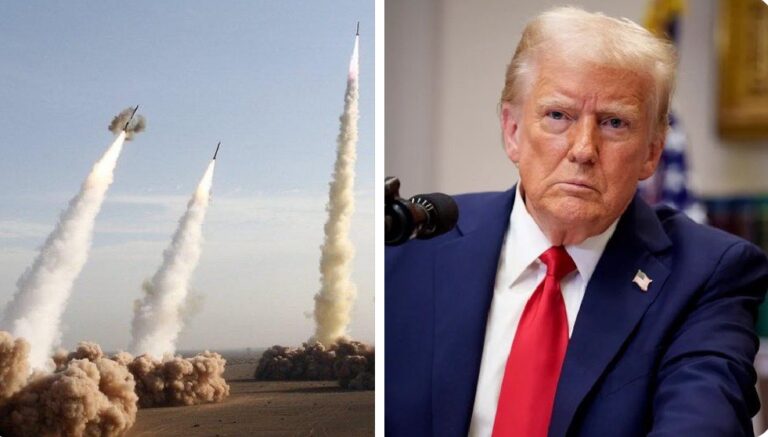
As tensions surrounding Israel’s military actions in Gaza and Lebanon grow, Vice President Kamala Harris is making a concerted effort to connect with Arab and Muslim voters, key demographics whose support has waned due to the administration’s unwavering support for Israel. Harris has been engaging with community leaders, particularly in swing states like Michigan, where Arab American populations are significant. Many voters, angered by the U.S. stance on the conflict, feel disconnected from the Democratic Party’s message. Harris faces the challenge of addressing these concerns while balancing U.S. foreign policy commitments.
Arab and Muslim voters have expressed disappointment in the Biden administration’s response to the conflict, particularly its support for Israel’s military operations. Harris’s strategy has involved addressing domestic issues important to these communities, including healthcare, education, and racial equity, while attempting to show empathy toward the humanitarian crisis in Gaza. However, critics argue that these efforts may not be enough to regain the trust of voters who feel that the administration’s foreign policy priorities are misaligned with their values.
The outreach is seen as an attempt to prevent defections to third-party candidates or voter abstention, which could significantly impact the 2024 elections. Whether this strategy will succeed remains to be seen, as it will depend on how effectively Harris can bridge the gap between addressing voter discontent and maintaining the administration’s broader foreign policy objectives.







